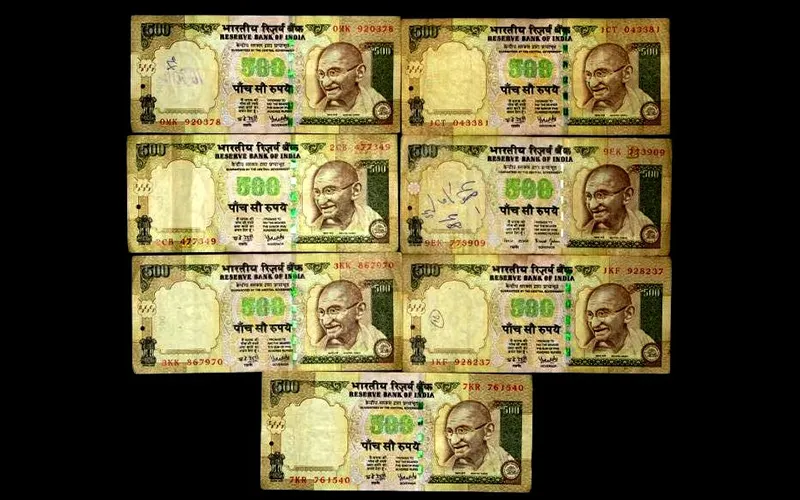-
CENTRES
Progammes & Centres
Location
It would perhaps be wiser for the government to focus on how to stop the outflow of black money instead of just chasing money already stashed abroad. One method is to enter into agreements and treaties with countries to share information, like the way the US is doing now.

The long awaited black money list is out. The government has finally given the names of 627 known black money account holders abroad, most of them likely in Swiss banks, to the Supreme Court. These name, however, are not the result of the government's hard work or investigative prowess, but due to French/German authorities and a couple of disgruntled bank employees.
In fact, India has never been proactive in its fight for getting back black money or stopping its outflow. Successive governments have continuously dragged their feet when it comes to investigating the issue.
The country has also been reluctant in joining the global war against black money. India failed to send a representative to a recent Berlin meeting of the Organization of Economic Cooperation and Development (OECD), where 51 countries signed an agreement to setup an automatic exchange of tax information by 2017.
True, India has signed double taxation agreements with 88 countries. But this cannot be used as an excuse by the government to not go after those who have evaded tax in India and illegally laundered money in tax havens such as Virgin Islands, Mauritius, Switzerland or the Cayman Islands.
A report by Assocham, an apex trade body, suggested that black money ferreted by Indians to Switzerland alone amounted to a staggering $1.4 trillion. That figure is difficult to accept because a Swiss National Bank estimate suggest that it could be as low as $2 billion. The BJP government's own estimates suggest that there is enough black money abroad to give every Indian at least Rs 3 lakh.
Baba Ramdev had created the hype that if brought back, the black money could give as much as Rs 15 lakh to each Indian. While the veracity of this tall claim could never be established, it did provide the needed spark to the BJP's electoral campaign.
Capital flight
Uncertain economic environment exacerbated by the rent seeking nature of the system and draconian tax administration are some of the major reasons that contribute to the outward flow of money. It would perhaps be wiser for the government to focus on how to stop this flow instead of just chasing money already stashed abroad. One method is to enter into agreements and treaties with countries to share information on bank accounts held by Indian nationals, like the way United States is doing now, vis-�-vis its citizens.
The Federal Account Tax Compliance Act (FACTA) allows the United States to request for information on accounts held by its citizens in countries that have signed this agreement with the assurance that names will not be disclosed to the public. A similar act in India will allow the government to investigate and charge those it suspects of evading taxes in India or abroad.
The government can also enter into agreements with various tax havens that would remit a part of the total deposit currently held by an Indian depositor and agree to levy a tax on the incomes from the deposit that will remain in the tax haven. This tax will be duly remitted annually to India. The solution will help India's revenue collection and also deter future outflows to such havens.
Fight and fade
The two measures suggested above will have an impact after a certain time lag and will be useful for preventing future outflows. To tackle the immediate problem of stocks held abroad, a more direct method would be to use the well-established instrument of giving amnesty to those holding accounts abroad. This amnesty, however, should be coupled with a reasonably high level of taxation, say 60 percent. This will bring substantial revenues for the fiscally beleaguered government and also deter future cash flows.
India also shies away from investigating those companies or individuals investing in shell companies, known to engage in financial manipulation and money laundering. Along with chasing the 627 account, the government should also go after these shell companies.
While the furore over black money accounts grows in the media with eager anticipation of revelations and investigative developments, all this brouhaha may fail to yield much. Notwithstanding its 100-day electoral promise of returning black money to the country, the current administration has also been marked by the same reluctance and feet-dragging that it had accused its predecessor of. Whether it is sheer ignorance, the topic of black money has a tendency to disappear from public attention rather quickly.
(The writer is an Associate Fellow at Observer Research Foundation, Delhi)
Courtesy: Mail Today
The views expressed above belong to the author(s). ORF research and analyses now available on Telegram! Click here to access our curated content — blogs, longforms and interviews.